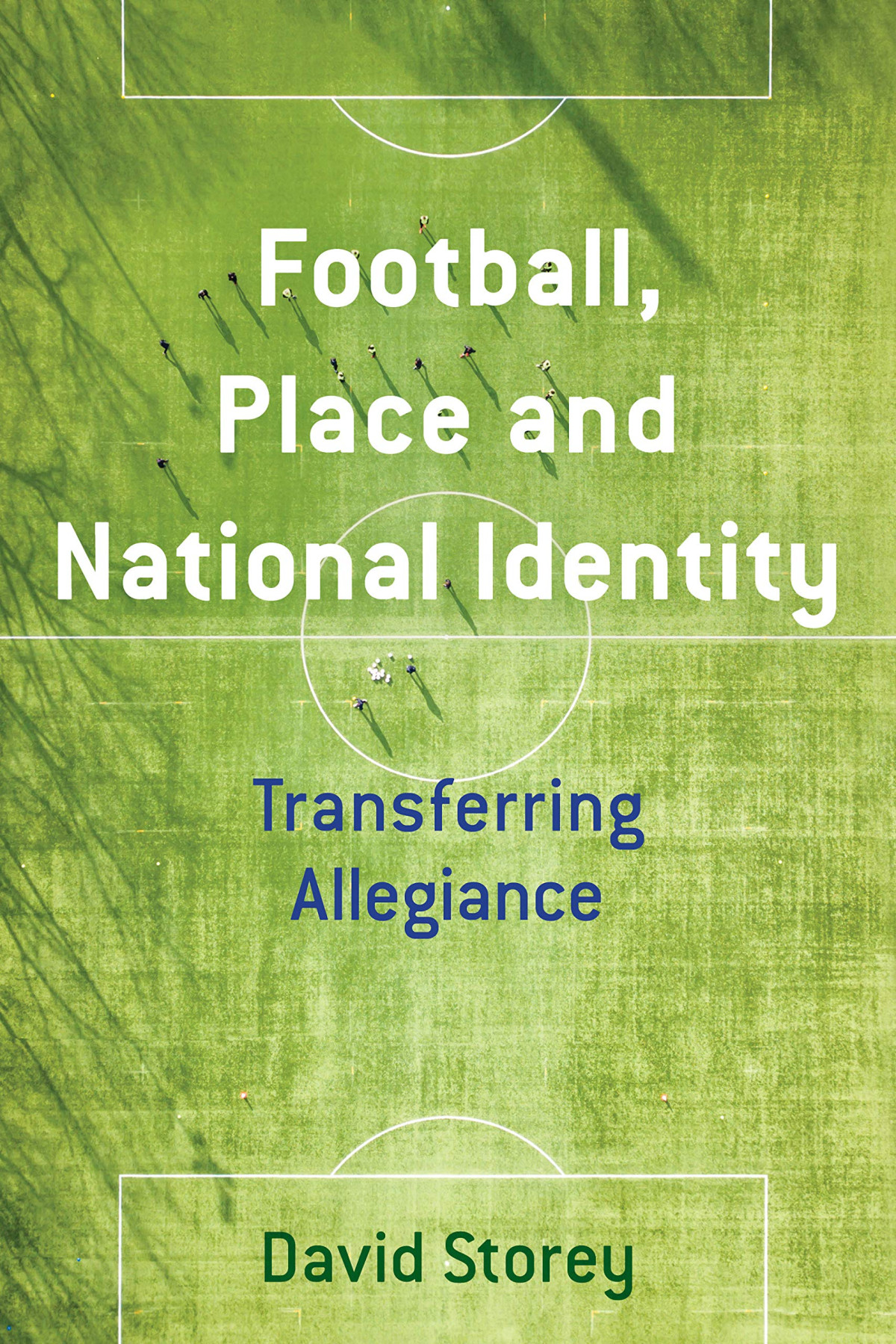

Most ebook files are in PDF format, so you can easily read them using various software such as Foxit Reader or directly on the Google Chrome browser.
Some ebook files are released by publishers in other formats such as .awz, .mobi, .epub, .fb2, etc. You may need to install specific software to read these formats on mobile/PC, such as Calibre.
Please read the tutorial at this link: https://ebookbell.com/faq
We offer FREE conversion to the popular formats you request; however, this may take some time. Therefore, right after payment, please email us, and we will try to provide the service as quickly as possible.
For some exceptional file formats or broken links (if any), please refrain from opening any disputes. Instead, email us first, and we will try to assist within a maximum of 6 hours.
EbookBell Team

4.0
76 reviewsGiven its popularity, international football might be viewed as a prism through which the imagined community of the nation becomes closer to a manifest reality with matches providing examples of that community collectively rejoicing or crying. The sport potentially sheds insights on the complexities of ethnic and national identity, as it is a medium through which allegiances are (re)produced and expressed. Alongside the internationalisation of club teams, international representative teams also appear to be becoming more trans-national with players born outside that country, but with family connections to it, playing in the national colours. Increasing flexibility of regulations governing international representation means that countries can potentially select from a considerably broader pool of talent, drawing on players with ethnic or cultural connections to the country. For example, for a number of decades now, the Republic of Ireland team has included sizeable numbers of non-Irish born players, sons and grandsons of Irish emigrants. Similar tendencies are clear in the selection of English-born players of West Indian origin for football teams representing Caribbean countries. Colonial connections and related migration flows explain France’s selection of players born in places such as Algeria or Morocco but brought up in France. The successful French teams of the late 1990s and early 2000s drew heavily on players from a multiplicity of ethnic and geographic origins. Conversely, many African countries select French-born players of African origin thereby reclaiming some of the sons of their extensive diasporas and a sizeable number of players born in Europe have competed in the Africa Cup of Nations in recent years. In this way, historical colonial relationships and associated migration flows provide the backdrop to the more eclectic nature of national representative teams. Elsewhere this amalgamation of both civic and ethnic senses of national identity, has allowed teams like Turkey and Croatia to tap into their extensive emigrant pool.
This book focuses on one dimension of the intricate connections between football, place and politics. It investigates the switching of national sporting allegiance by some footballers from their country of birth to country of residency or family origins, examines the reasons behind the recent growth of the phenomenon, and explores reactions to this.